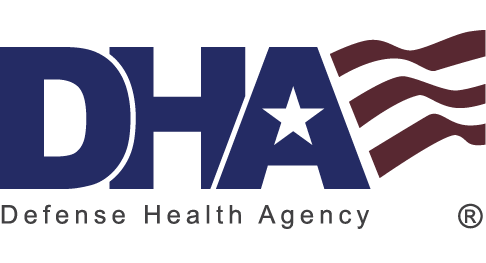Didactic Curriculum
Lectures are given throughout the year by the staff of the Blood Bank Fellowship Program, as well as other health professional and subject matter experts from WRNMMC and other medical facilities throughout the Washington, D.C. metropolitan area. A four-week intensive introductory lecture series is given at the beginning of the program, consisting of a chapter by-chapter review of the AABB Technical Manual. George Washington University courses start in the fall and include online courses in biochemistry, immunology and research methods. After the first month of introductions, lectures are given once a week on Friday, in subjects such as:
- Blood group systems
- Hematology
- Coagulation
- Blood banking methodology
- Blood donor qualifications
- Collection and storage of blood for transfusion
- Immune destruction of red cells
- Circulation
- Shock
- Composition and function of blood
- Anemias
- Platelet disorders
- Disorders of leukopoiesis
- Leukocyte and platelet blood groups
- Blood component therapy
- Transfusion practices
- The history of Blood Banking
- Contingency blood management
Clinical Curriculum
The Blood Bank fellows spend four days a week in clinical rotations at WRNMMC, and other clinical sites. The following are areas of training that the students are exposed to:
- Donor recruitment and records
- Donor history and phlebotomy
- Donor blood processing, record maintenance and donor files
- Preparation of blood components
- Transfusion service area
- Dispensing and distribution of blood
- Quality assurance
- Blood bank administration
- Coagulation laboratory
- Diagnostic immunology
- Histocompatibility and tissue typing
- Inspection and accreditation standards and regulations
- Transplantation support



